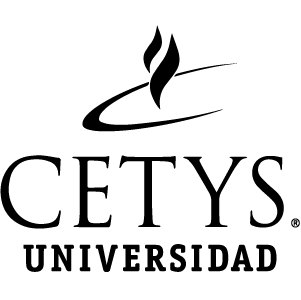https://repositorio.cetys.mx/handle/60000/821| Campo DC | Valor | Lengua/Idioma |
|---|---|---|
| dc.contributor.author | Rojas Mendizábal, Verónica Alexandra | - |
| dc.contributor.other | Serrano Santoyo, Arturo | es_ES |
| dc.coverage.spatial | Sofia, Bulgaria | es_ES |
| dc.date.accessioned | 2020-08-06T00:05:12Z | - |
| dc.date.available | 2020-08-06T00:05:12Z | - |
| dc.date.issued | 2020-04 | - |
| dc.identifier.issn | 978-989-8704-14-6 | - |
| dc.identifier.uri | https://repositorio.cetys.mx/handle/60000/821 | - |
| dc.description.abstract | The current global scenario of hyper-connectivity, technology change, and social change make it necessary to rethink the vision and methods employed by governments, development agencies and the private sector to impulse socioeconomic development through the adoption and application of Information and Communication Technologies (ICT). We pose that the availability of computing and telecommunications infrastructure, highly converging devices for Internet access and content suited to the population needs and idiosyncrasies are not enough to accomplish long-term socio-economic development. The method employed in this contribution is focused on the principles of complex adaptive systems. The objective is to develop an operational framework to support the planning and design of digital inclusion projects integrally. The proposed framework emerges from the application of two complexity perspectives: Organized Complexity and Post-Normal Science. We argue that it is key to study the interplay of innovation, development, and ICT for each particular context to acquire deeper insights and understanding of the elements, both human and technological, affecting the dynamics and long term sustainability of digital inclusion initiatives, particularly in the era of Artificial Intelligence and related emergent technologies. | es_ES |
| dc.language.iso | en_US | es_ES |
| dc.rights | Atribución-NoComercial-CompartirIgual 2.5 México | * |
| dc.rights.uri | http://creativecommons.org/licenses/by-nc-sa/2.5/mx/ | * |
| dc.subject | Digital divide | es_ES |
| dc.subject | Complex systems | es_ES |
| dc.title | The interplay of innovation, ICT and development: the future of digital inclusion, a complexity perspective | es_ES |
| dc.type | Presentation | es_ES |
| dc.description.reference | Abramson, B. D., 2006. Word matters: Multicultural perspectives on information societies‐by Alain Ambrosi, Valérie Peugeot, & Daniel Pimienta. Journal of Communication, 56(3), 627-628. doi: https://doi.org/10.1111/j.1460- 2466.2006.00305.x Armenta, A., et. al, R., 2012. The new digital divide: the confluence of broadband penetration, sustainable development, technology adoption and community participation. Information Technology for Development, 18(4), 345–353. https://doi.org/10.1080/02681102.2011.625925 Chib, A., and Harris, R. W., 2012. Linking research to practice: Strengthening ICT for development research capacity in Asia. Institute of Southeast Asian Studies. Singapore. Funtowicz, S. and Ravetz, J., 2003. Post-Normal Science. International Society for Ecological Economics Internet Encyclopedia of Ecological Economics. García, R., 2006. Sistemas complejos. Gedisa. Barcelona. International Bahá’í Community, 1998. Valuing Spirituality in Development (Bahá’í ́Pub. Trust). London. International Telecommunications Union, 2017. Measuring the information society report. UIT. Geneva. James, J., 2004. The internet and rural development: Elements of a new paradigm. International Journal of Development Issues, 3(1), 93–108. https://doi.org/10.1108/eb045841 Schumacher, E. F., 2011. Small is beautiful: A study of economics as if people mattered. Random House. Serrano-Santoyo, A., & Martínez-Martínez, E., 2003. La brecha digital: mitos y realidades. UABC. Ensenada, Mexico Servon, L. J., 2008. Bridging the digital divide: Technology, community and public policy. John Wiley & Sons. Warschauer, M., 2004. Technology and social inclusion: Rethinking the digital divide. MIT press. | es_ES |
| dc.description.url | http://www.iadisportal.org/digital-library/the-interplay-of-innovation-ict-and-development-the-future-of-digital-inclusion-a-complexity-perspective | es_ES |
| dc.subject.sede | Campus Mexicali | es_ES |
| Aparece en las colecciones: | Ponencias | |
| Fichero | Descripción | Tamaño | Formato | |
|---|---|---|---|---|
| IADIS.jpg | 10.57 kB | JPEG |  Visualizar/Abrir |
Este ítem está protegido por copyright original |
Este ítem está sujeto a una licencia Creative Commons Licencia Creative Commons


